24/7 Helpline:
(866) 899-221924/7 Helpline:
(866) 899-2219
Learn more about Group Therapy centers in North Charleston
Group Therapy in Other Cities

Other Insurance Options

Oxford

American Behavioral

Humana

Anthem

BlueCross

Multiplan

Health Choice

Self-pay options

Group Health Incorporated

Magellan Health

Ambetter

BHS | Behavioral Health Systems

MHNNet Behavioral Health

Premera

UMR

Covered California

UnitedHealth Group

Sutter

Cigna

Carleon

Crossroads Treatment Centers
Crossroads Treatment Center in Charleston, South Carolina provides effective and caring outpatient r...

Transcendence Treatment Center
Transcendence Treatment Center is a public rehab located in North Charleston, South Carolina. Transc...

Waypoint Recovery Center
Waypoint Recovery Center - Netherby Lane offers outpatient treatment for individuals with alcohol an...


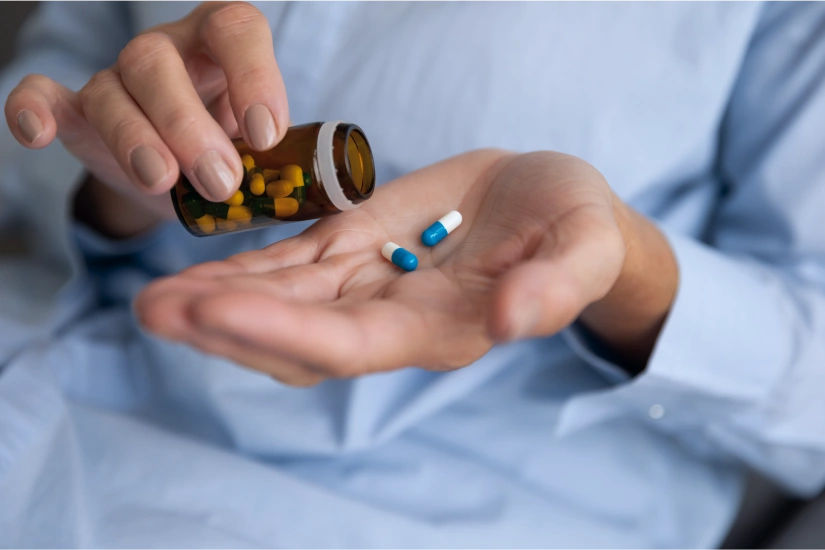
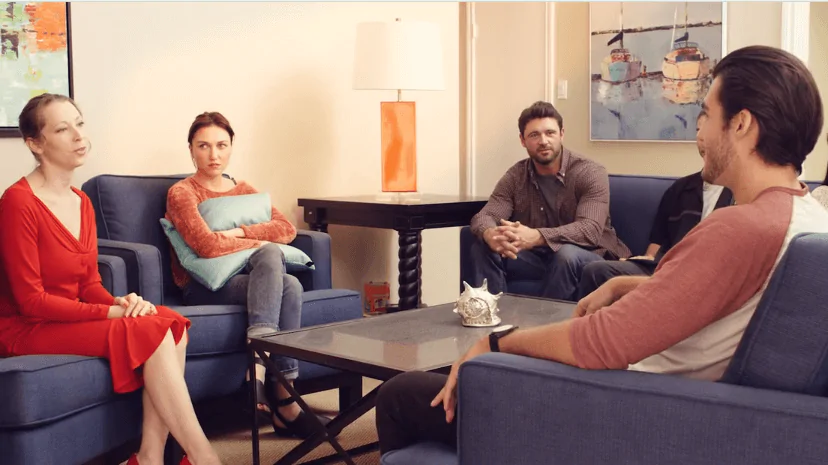
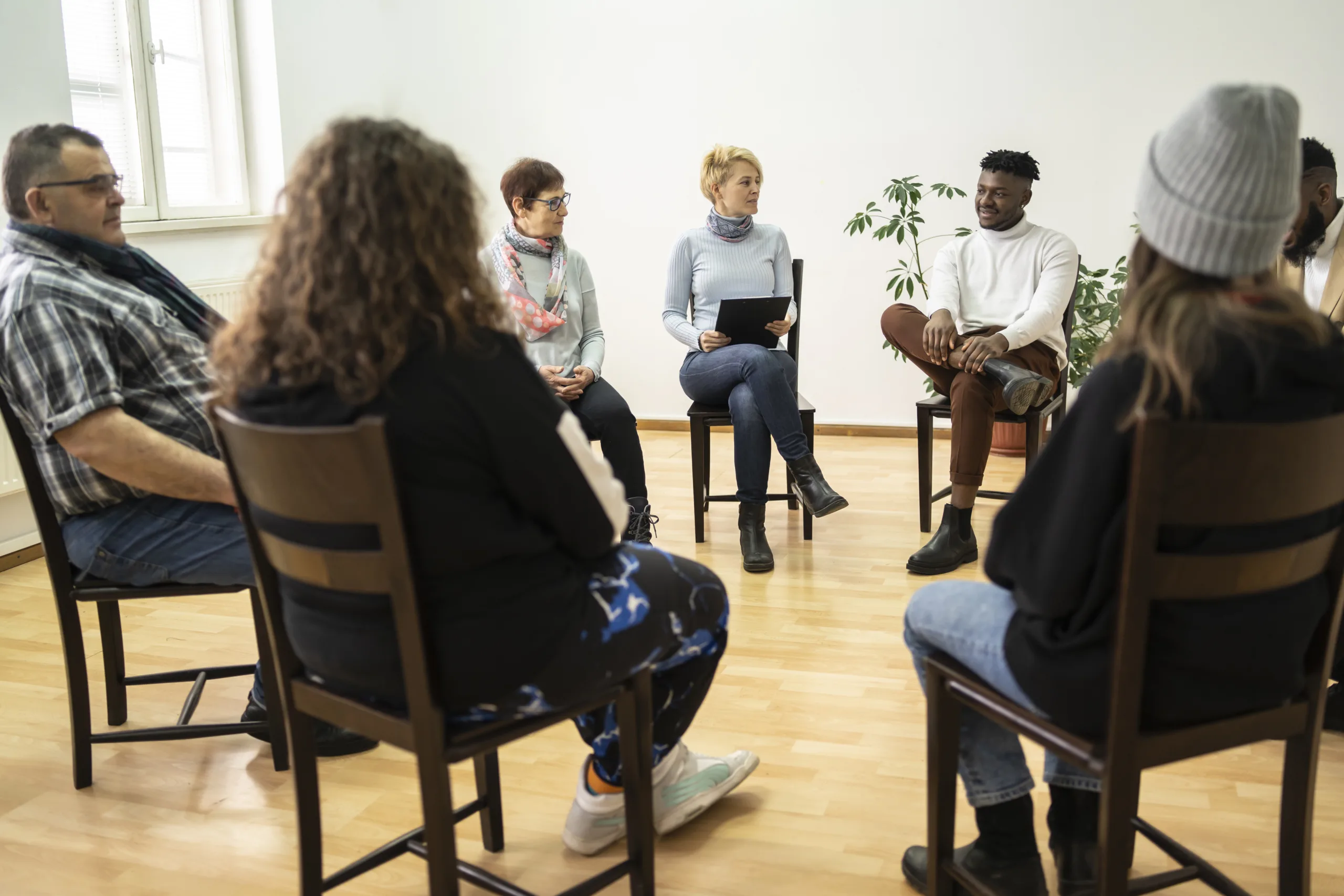
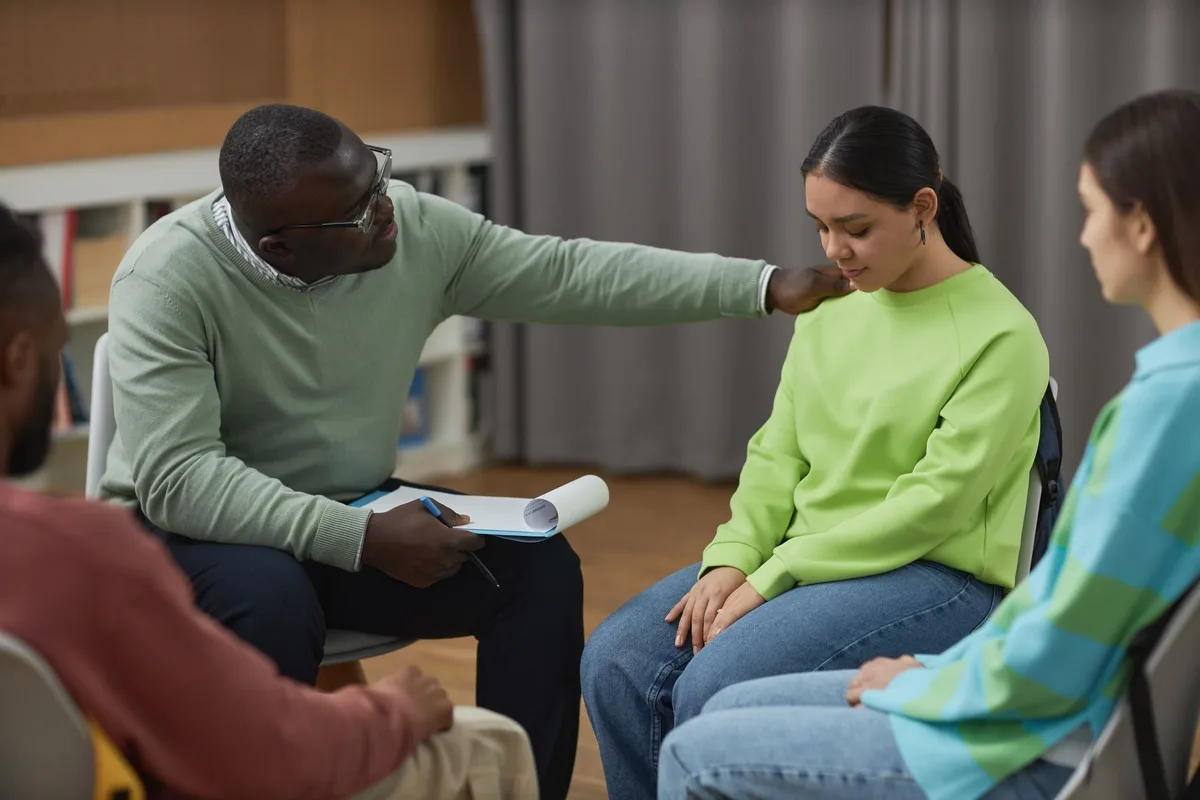
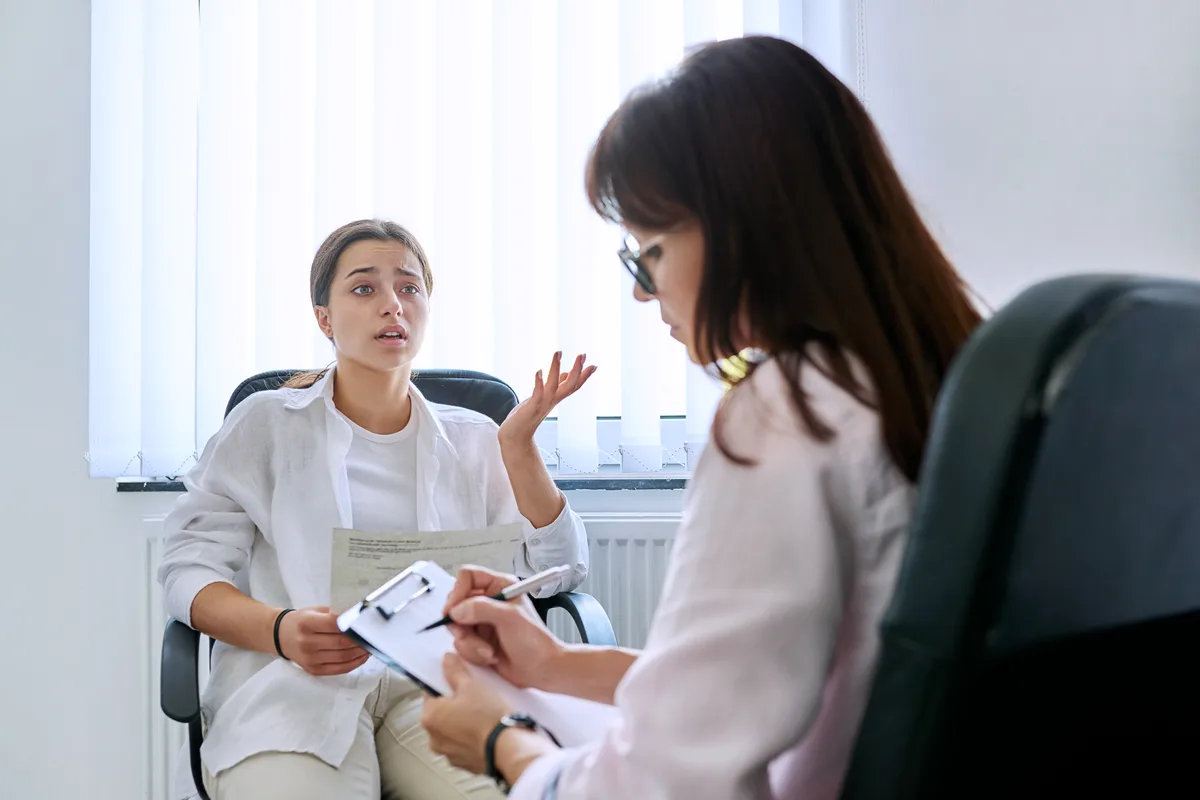




Center for Behavioral Health
Center for Behavioral Health is a private rehab located in North Charleston, South Carolina. Center ...

Positive Feedback Professional Counseling
Positive Feedback Professional Counseling is a private rehab located in North Charleston, South Caro...

South Carolina STRONG
South Carolina STRONG is a non-profit rehab located in North Charleston, South Carolina. South Carol...

AA – Alcoholics Anonymous – North Area Group
AA – Alcoholics Anonymous – North Area Group is a private rehab located in North Charleston, South C...

AA – Alcoholics Anonymous
AA – Alcoholics Anonymous is a private rehab located in North Charleston, South Carolina. AA – Alcoh...

Palmetto Lowcountry Behavioral Health
Palmetto Lowcountry Behavioral Health in Charleston, SC provides a broad range of co-occurring menta...


